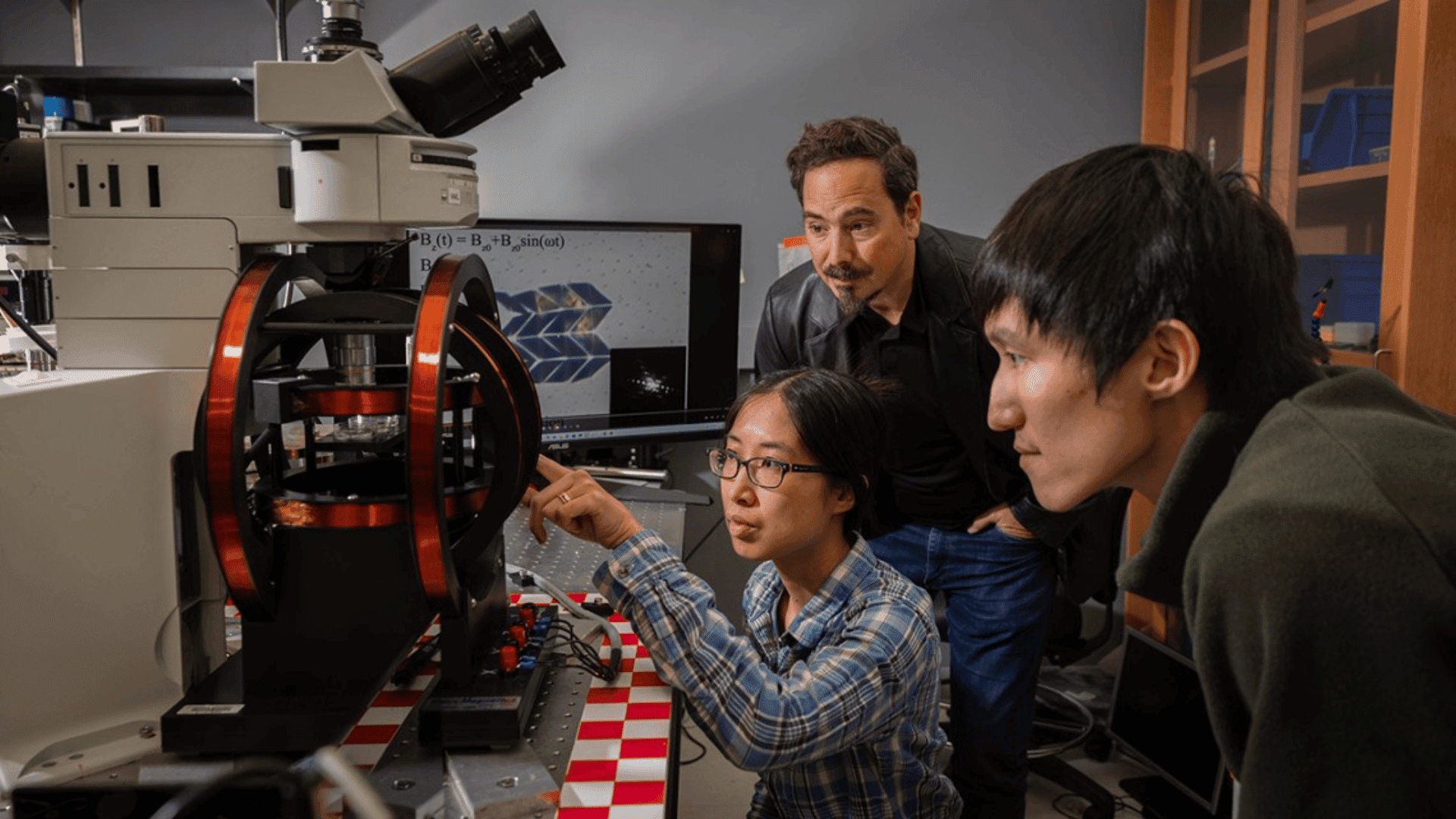It’s tricky to know how the market you’re investing in will fluctuate. Even if you study the trends and take classes, your predictions for how it will behave can still be wildly off the mark. It’s not due to any personal flaw or lapse in judgment, it’s merely human nature. (“To err is human,” after all.) But thanks to artificial intelligence, these mistakes are being corrected.

Why Use AI?
The idea of bringing AI to investing is natural and expected. Artificial Intelligence can read trends, data, and algorithms more thoroughly than any human can, without distractions from outside sources. An AI isn’t going to show bias for one company over another. AI works constantly to analyze the tiniest shifts in the market that humans might miss while on break or away from the office.
Several companies tout their use of AI to find the best investment opportunities, with some basing their entire operation around it. These include Genotick, Kavout, and EquBot, among others. In fact, EquBot uses IBM’s Watson to further its learning capabilities and improve its decision-making skills. According to the EquBot website, their goal is “to optimize returns, lower operating costs so that we can pass along more to our investors, and keep our products accessible to small and large investors alike.”
In an interview with The New York Times, EquBot co-founder Art Amador explained that their AI is constantly fine-tuning its methods for stock picking. “EquBot’s AI tech mimics the investment process of an army of equity research analysts working around the clock. It has data on 6,000 companies, one million articles and filings a day, and data on market sentiment.” Given that the article was published in early 2018, it’s likely the number of resources has increased. “When it comes to traditional portfolio management, managers are going to talk to analysts and sector specialists, but these people have biases and incentives. The algorithm doesn’t have them.”
(Future of stock picking: Man vs. machines from CNBC.)
Does It Work?
Unfortunately, it also doesn’t have consistent results. While AI can help investors make more informed decisions, it’s still up to humans to choose what to invest in. And even with all the information at their disposal, natural disasters or fumbled press releases can still dramatically change a company’s stock in a way that nobody could predict. That’s not to say AI isn’t helpful- quite the opposite. It merely hasn’t proved itself to be as reliable on a case-by-case basis, with human intuition still being the primary method of choice.
It’s also worth noting that many companies claiming to use AI aren’t. A company may be dusting off an old data analytics tool and labeling it an AI for publicity reasons. While the data model might be able to perform the same tasks as an AI, it’s not as sophisticated or able to learn the way a true AI could. Furthermore, some companies utilizing AI aren’t using it for investing purposes. Facebook, for example, uses AI for speech recognition and classifying images. Netflix uses a similar program to predict what kinds of shows you might be interested in watching.
Using artificial intelligence to assist in investing isn’t a foolproof science. Predictions are still only that: hunches on what will happen, given past events. There’s no guarantee of success. Still, AI makes investment less of a guessing game and something that can be made more accessible to those who haven’t spent their entire lives studying the market. As more companies adopt the technology, it’s possible that even random and unexplained events could be predicted. For now, though, its reliance is on instinct and guesswork.








